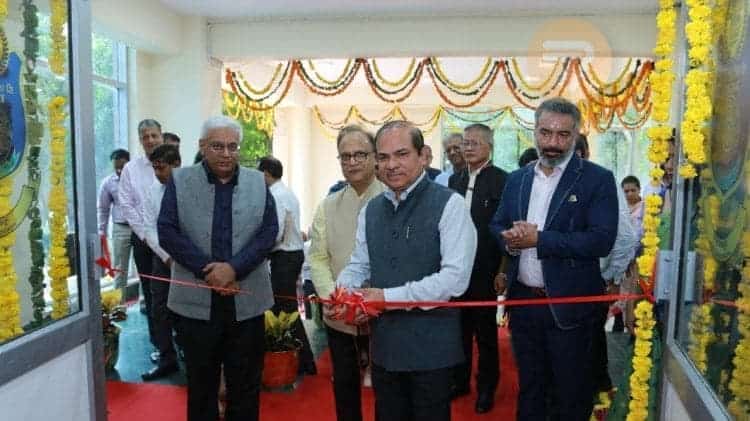Online Gaming Cos Woes Will Be Heard by the Supreme Court
12 Jan 2024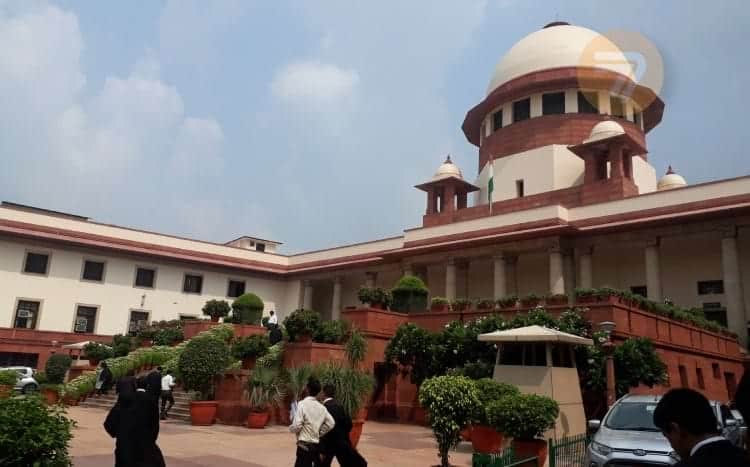
Notice Sent to Central Government and GST Authorities
The Central Government and the head of the Directorate General of GST Intelligence (DGGI) have received two weeks to submit their response to the Supreme Court on the case jointly led by several online gaming companies and the E-Gaming Federation of India (EGF) against egregious tax evasion allegations exceeding ₹1 crore.
In a hearing on Monday morning, the 8th of January, 2024, the Apex Court division bench chaired by the Chief Justice of India (CJI) Dhananjaya Y. Chandrachud, including justices Jamshed Burjor Pardiwala and Manoj Misra, observed that the issue needs to be decided at the highest judicial level.
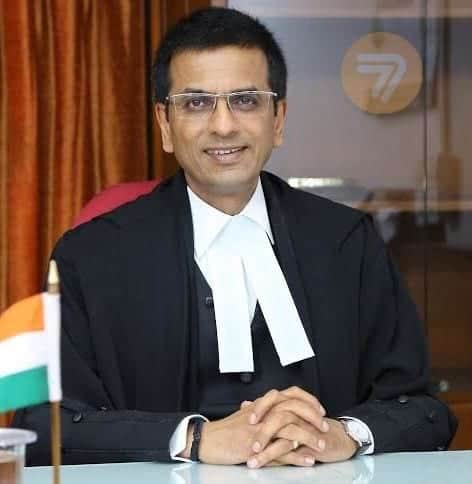
“We will issue notice and examine it here instead of different high courts adopting different views,” the Apex Court said after noting that various High Courts were hearing similar pleas by online gaming companies against GST Enforcement, which could otherwise lead to the delivery of contradictory judicial practice.
The Union of India and the GST Intelligence Department were represented by Additional Solicitor General (ASG) N. Venkatraman, Senior Advocate Arijit Prasad, and others.
The team of counsels for the petitioners, the EGF, and a number of gaming businesses, including Dream11, Games24x7, and Head Digital Works, was led by Senior Advocate Harish Salve and backed up by Senior Advocate Sajan Poovayya and other prominent lawyers.
The Clash of Legal Arguments: the Petitioners
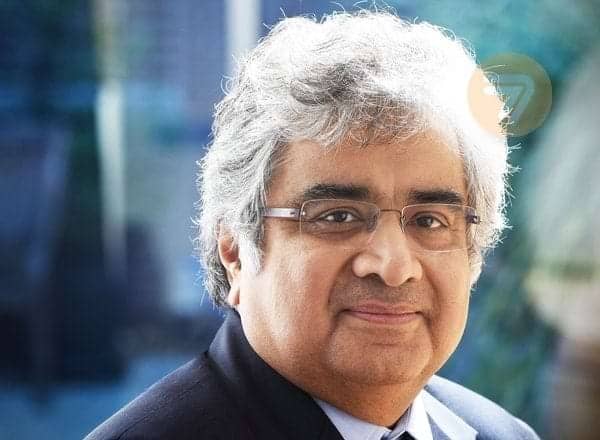
At the hearing, Senior Advocate Salve emphasized the heavy burden of the tax demands for 28% GST over the full value of bets made before the 1st of October, 2023, when amendments to the Central and Integrated GST Acts (CGST & IGST) came into force, while online gaming companies had been receiving only around ₹250 or 10% out of every buy-in of ₹2,500 in that period.
Thus, the Central Government is now making retrospective demands for amounts more than five times higher than the income of the respective companies for the last five financial years combined. Such demands are arbitrary and illegal and are set to bring the whole industry to bankruptcy, Salve highlighted.
Senior Advocate Salve also objected to the inclusion of online gaming prize pools in Schedule III of the CGST Act as taxable actionable claims, which were recently added together with horse races to the list that previously had only “lottery, betting, and gambling.”
Salve stressed that online games are played between the players, and the prize pools are distributed among them, while gaming companies serve as mere intermediaries in exchange for their platform fees.
“If one assumes there is an actionable claim, who is supplying it to whom? Where is the supply of actionable claims? What they are seeking to tax is 100% of the face value of the bet,” the chief counsel of the petitioner’s team asked the Court.
The Stance of the Government: The Claims Are Not Retrospective
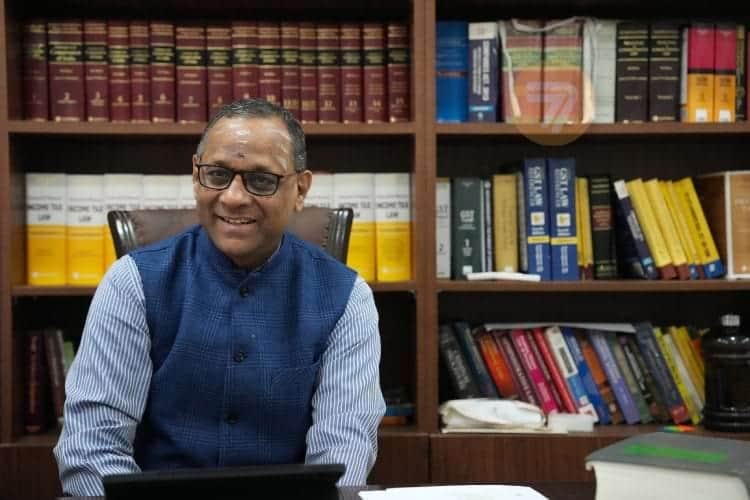
Additional Solicitor General Venkatraman confirmed the Central Government’s stance. Goods and Services Tax should apply to the gross consideration or full value of wagers placed before October 1st, 2023.
The ASG also argued that online gaming companies start supplying their services only after a deposit has been paid. The ASG also specified that tax evasion notices have been sent to 99 companies. These companies are involved with money games online up to the present moment.
The counsel said the Center would submit a detailed counter affidavit within two weeks to answer all legal questions that had been raised and complained that certain gaming companies had made allegations in the media that various governmental departments have opposing views on gaming regulations.
“We had a meeting a few days ago and I can tell you all the ministries and departments are on the same page,” ASG Venkatraman assured the court.
No Interim Relief for the Gaming Industry
Despite the petitioner’s team request, the division bench did not issue an interim order. It chose not to block further action by GST Enforcement Authorities against the gaming industry. This decision stands while the case remains pending.
At the previous hearing on December 15th, 2023, Senior Advocate Salve requested an interim stay. He asked the court to halt the issuing of new show cause notices. However, the bench denied the petition.
“This also leaves the scope open for further tax claims. Even though there is no constitutional provision for retrospective tax claims of this nature.” An unnamed source from India’s online gaming industry commented.
“The DGGI continues to not recognize the difference between gambling and skill-based online gaming. Even though the final three weeks leading up to the next hearing shouldn’t see too many further such notices.” The source added.
Government Asks Apex Court to Transfer All Similar Cases
The mega case of EGF & Anr. vs. the Union of India & Ors. has already expanded. It will include several pending Supreme Court cases. These cases were batched together at the Center’s request. The case is expected to grow further, incorporating more litigations around the same legal issue.
At the January 8th hearing, the GST Department stated its intention to file a request. It seeks to have all similar litigations, currently heard by High Courts in different States, transferred to the Apex Court.
The Gameskraft case (SLP (C) Nos 19366-19369 of 2023 – Director General of Goods and Services Tax Intelligence & Ors v Gameskraft Technologies Private Limited & Ors) against a ₹21,000 crore GST demand will also be tagged.
The mega litigation is set to be listed before the same division bench on the 2nd of April, 2024. It is led by the Chief Justice of India.



